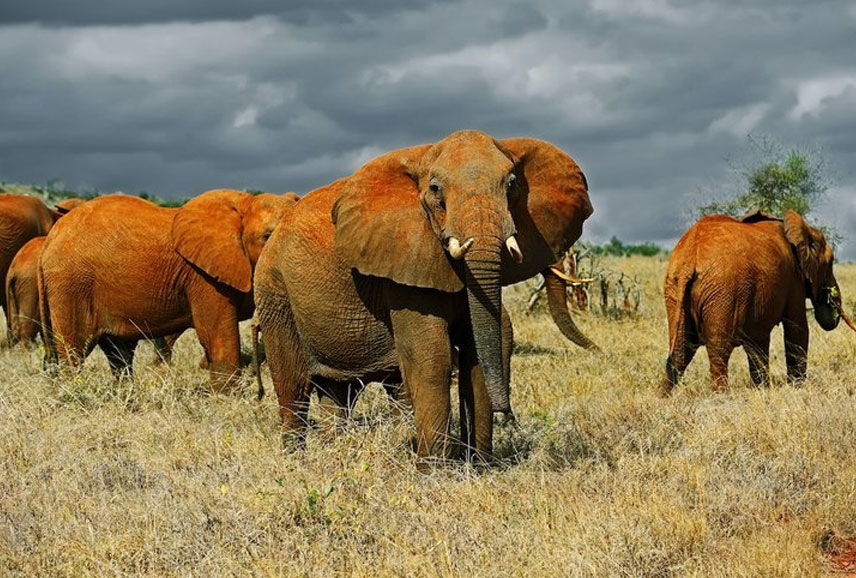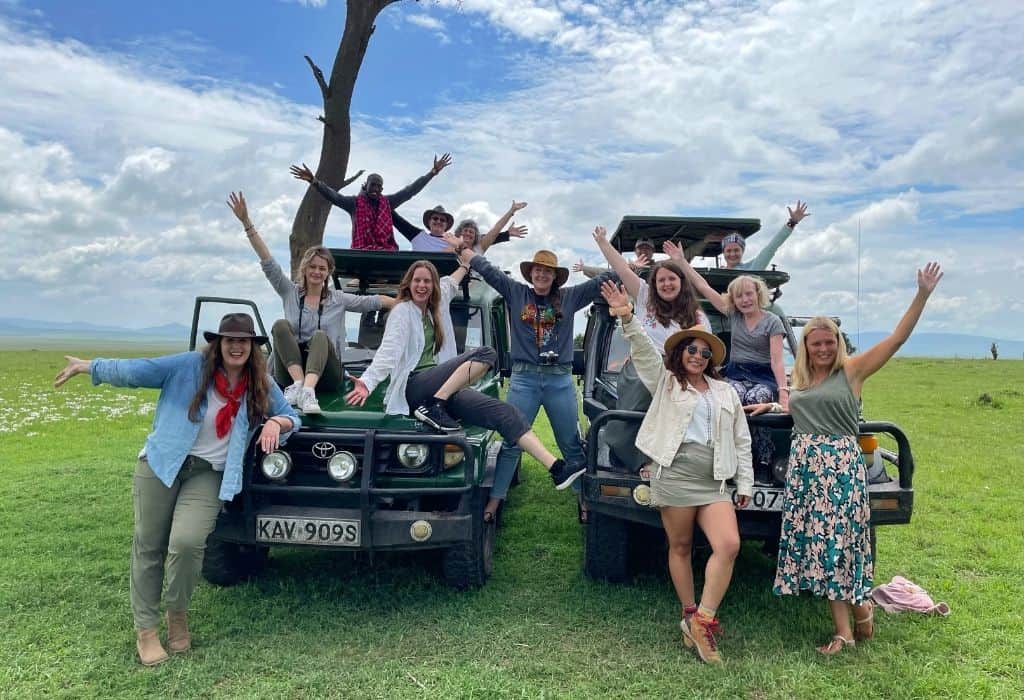Recommended News On Deciding On Mombasa Old Town
Recommended News On Deciding On Mombasa Old Town
Blog Article
What Transportation Arrangements Do I Have To Be Aware Of When I Am In Mombasa, Kenya?
To ensure that your trip to Mombasa in Kenya is relaxing and enjoyable, you need to be aware of the different transport options offered. Here are a few key points to consider for your Mombasa Kenya vacation.
1. How to get to Mombasa
Moi International Airport (MBA) Moi International Airport (MBA), the principal airport in Mombasa is situated in Moi. It is a hub for international as well as local flights. Mombasa is easily accessible via several major airlines.
By Train By Train Madaraka, owned by Kenya Railways offers a modern railway service that is well-equipped between Nairobi Kenya, Nairobi, and Mombasa.
Bus: There are several bus companies offering services between Mombasa (Kenya) as well as other major cities like Modern Coast Bus and Coast Bus.
2. Local Transportation in Mombasa
Taxis as well as Ride-Hailing service: Taxis can be found all over the city. Uber and Bolt provide ride-hailing alternatives in Mombasa.
Tuk-tuks are three-wheeled vehicles that are a favored, low-cost means of getting around the city. These vehicles are ideal for shorter distances.
Matatus are minibuses for sharing that travel through certain routes. They're the most commonly utilized mode of transportation. The buses are affordable but packed, and less comfortable.
Boda-bodas: Motorcycle taxis are also available for quick and easy journeys, particularly for shorter distances or in areas that have significant traffic.
3. Car Rentals
Self-Drive Car rental services are available at the airport as well as within the city. Local and international car rental companies provide a wide selection of automobiles. Be familiar with local traffic and driving regulations.
Chauffeur services For those who do not want to drive by themselves, there are chauffeur driven rental car services that are available.
4. Ferry Services
Likoni Ferry This ferry connects Mombasa's island to the mainland's southern end of the city. It is vital for accessing the southern beaches and is a free service for pedestrians. Vehicles pay a fee.
5. Excursions, Day Trips and even excursions
Tour Operators: A lot of tour operators offer guided tours to popular destinations such as Mombasa Marine National Park (Fort Jesus), and nearby beaches, like Diani or Nyali. These tours often include transportation.
Public Transport: Independent travellers are able to use a matatus combination of taxis and tuktuks to various places of interest.
6. Cycling and Walking
Rent a bicycle for an enjoyable ride.
Walking is possible in Mombasa. Particularly in the Old Town or along the beach.
7. Tips for Travelers
Safety: Always select trustworthy taxi companies and avoid public transportation in the late hours of the evening. Be cautious of your belongings.
Negotiation is essential for taxis and Tuk-Tuks. As meters are not widely used, you'll need to negotiate before you travel.
Traffic: Be ready to deal with a lot of traffic at peak times, especially near the Likoni Ferry.
By knowing these transport options and making the proper arrangements, you will be able to enjoy a your trip is stress-free and enjoyable in Mombasa. View the top mombasa old town for site advice including kenya tours and safaris, kenya beach mombasa, safar kenya, safari excursions, kenya tour operator, kenya tours and travel, kenya safari holiday, kenya tours and safaris, safari tour, tour mombasa and more.
What Should I Be Aware Of About The Weather In Mombasa While I Am On Vacation?
It is essential to know the weather patterns in Mombasa prior to packing and get the most out of your trip. Here are the main factors to consider when planning your trip.
1. Climate Overview
Mombasa has an arid climate with all-year-round high temperatures. You can expect warm weather, with temperatures ranging typically from 24 degrees Celsius (75%F) to 32 degrees Celsius (90%F).
2. Seasons
Hot and Humid Season (November to April): This season is marked by high temperatures and high humidity. It is also a busy tourist season, particularly during December and January.
Long Rains from April to June: Heavy rainfall and storms are common during the season of rain. It is sometimes difficult to drive on muddy roads. This is the off-season for tourism.
Cooler Season (June - October) Take advantage of the cooler temperatures and less humidity during this period. It's a mild climate, ideal for outdoor activities.
Short Rains (October - November) Short Rains (October - November): These are brief showers of rain that are less intense. The rains generally last just few minutes and are followed by bright skies.
3. Packing Tips
Lightweight Clothing - Pack clothing that's breathable and lightweight like cotton or linen, to keep cool when the weather is humid.
Take rain gear with you if you're traveling during the rainy season. This includes a waterproof jacket as well shoes.
Sun Protection: A high-SPF sunscreen, wide-brimmed caps, sunglasses, light clothing, and covering the skin with light clothes will protect against strong sunlight.
Swimwear - Don't forget to bring your swimwear to visit the beach or resort pools.
4. Weather-specific Activities
Beach Time: The ideal season to go on the beach is from June until October in the months when the weather is good and the sea conditions are good.
From November to March the calm and clear waters are perfect for water sports like snorkeling, diving and diving.
Wildlife viewing The colder months (June to October) are the ideal time for safaris and excursions into the wild, because it's more comfortable.
5. Things to Consider for Health
Keep hydrated. The hot and humid conditions will force you to keep hydrated. Drink plenty of water, particularly when spending time in the outdoors.
In the event of heat-related illness, be aware of the risk of heat exhaustion or heat stroke. Pause in shade, wear loose-fitting clothes, and avoid strenuous activities in the heat of summer.
6. Travel Adjustments
Traveling during the rainy season Be ready for travel disruptions in the event that you visit during this period. You may find that some roads are impassable and outdoor activities are restricted.
Tropical rains may cause flight delays. Be conscious of your travel schedule and make contingency plans.
7. Environmental Considerations
Natural Hazards: Be aware of the possibility of flooding during heavy rains. Be aware of the weather conditions. Additionally, be sure to follow any local safety instructions.
Tide Awareness: If planning beach activities be aware of the tides, which can vary significantly. Check tide times to ensure safe beachcombing and swimming.
Understanding the weather's conditions can help you plan your activities and pack accordingly, so that you can have fun in Mombasa safely. Take a look at the best kenya mombasa train for site tips including travel tours in kenya, tours and travel company in kenya, kenya safari packages, luxurious african safari, tours and safaris in kenya, tours safari africa, travel tours in kenya, safari and tours, travel tour companies, kenya beach and safari holiday and more.
What Environmental Obligations Do I Must Be Aware Of During My Holiday In Mombasa Kenya?
While on vacation in Mombasa, Kenya, being mindful of the environment is vital to protect the natural beauty and diversity of the region. Here are some important environmental responsibilities to consider:
1. Sustainable Accommodation
Eco-friendly Hotels: Select hotels that practice sustainability. Find eco-labels, such as Eco-Tourism Kenya.
Participate in hotel initiatives that promote conservation of water and energy. Reuse towels and linens. Turn off lighting and air conditioning when not in use.
2. Responsible Monitoring of Wildlife
Be respectful of wildlife. Stay at the distance of wildlife so as to not disrupt them. Be sure to follow the rules provided by your guide on the tour.
Do not feed animals. The act of feeding wild animals can change their diet and behaviour.
Do not litter in wildlife reserves. Bring all your garbage with you and dispose it in a safe manner.
3. Plastic Reduction
Beware of single-use plastics. Carry a reusable mug, bag, or utensil.
Encourage local initiatives locally. Participate in beach clean-ups at your local beaches or organizations that work to reduce plastic contamination.
4. Water Conservation
Mombasa is experiencing water shortages. Make shorter showers and switch off the taps when they are not in use.
Eco-friendly Products - Choose eco-friendly and biodegradable toiletries to cut down on the impact of water on the environment.
5. Energy Conservation
Reduce the consumption of energy by limiting use or air conditioning. Unplug appliances that are not in active use.
Help support renewable Energy Find hotels and tour operators who use renewable sources of energy.
6. Sustainable Transportation
Public Transport: If you can take public transport such as matatus or buses to decrease your carbon foot print.
Take a look at short-distance walking, or renting bicycles. Some areas offer ecofriendly tuktuks.
7. Supporting local businesses
Buy local: Support the local economy by buying souvenirs, food and other items from local merchants.
Fair Trade: Select fair-trade certified products to ensure that farmers in the area are paid fairly.
8. Environmental Education
Learn and share. Learn more about local environmental issues and conservation efforts. Do share what you've learned to raise awareness.
Respect Local Cultural Practices Respect and learn local customs in the area of conservation of the environment.
9. Marine Conservation
If you are snorkeling or diving make sure you are not touching coral reefs. Use reef-safe sunscreen to protect marine life.
Do not dispose of garbage in the ocean. Join or help support programs to protect marine life.
10. Ethical Souvenirs
Avoid Wildlife Products: Do not buy products made from endangered species like ivory or tortoiseshell.
Sustainable Materials: Choose products made of recycled materials or sustainably produced.
11. Take part in conservation Activities
Volunteer: You are able to volunteer to assist local conservation efforts or tourism-based initiatives.
Support NGOs: Donate money to or support local NGOs as well as conservation groups working to safeguard the environment.
12. Responsible Travel practices
Small group sizes are recommended in order to lessen the environmental impact.
Eco-Tours Select tour operators that have eco-friendly policies and a commitment to sustainable development.
By keeping these environmental responsibilities in mind, you can contribute to the preservation of Mombasa's natural resources, and make sure that the beauty and biodiversity of the area are preserved for future generations. Follow the top mombasa city tour for more recommendations including kenya safari beach, mombasa tours, mombasa packages, cheap kenya safari packages, tour and travel company, africa safaris and tours, africa and safari, mombasa safari, kenya safaris, safari a nairobi and more.